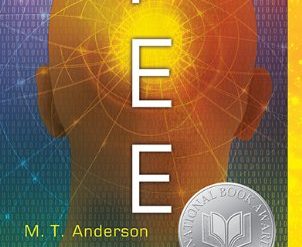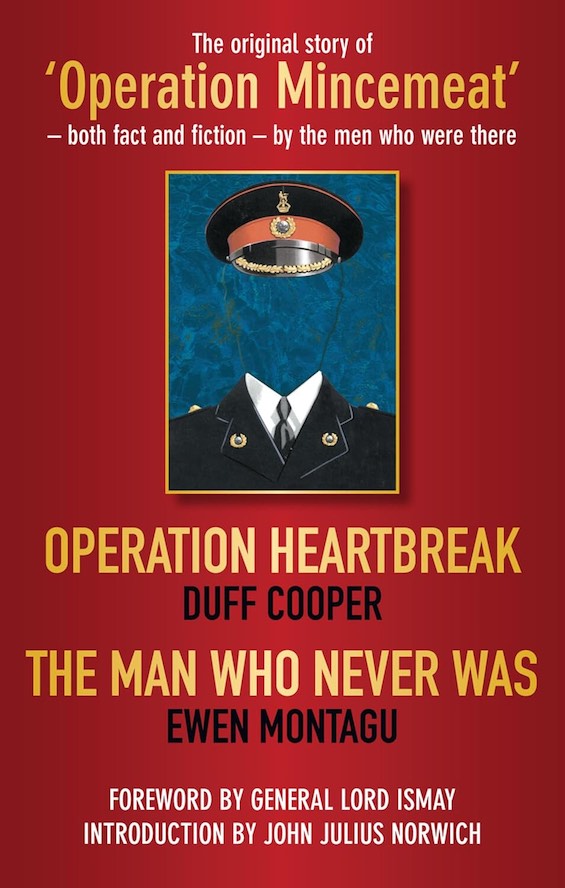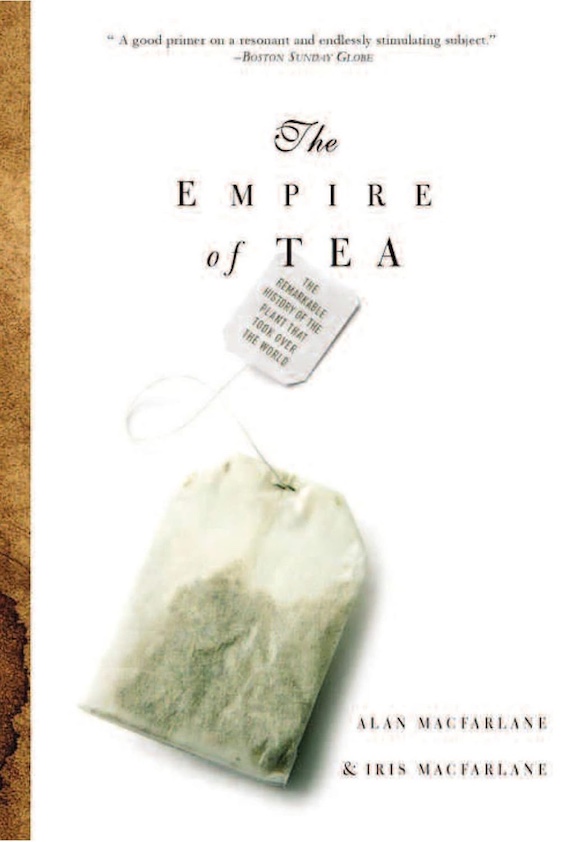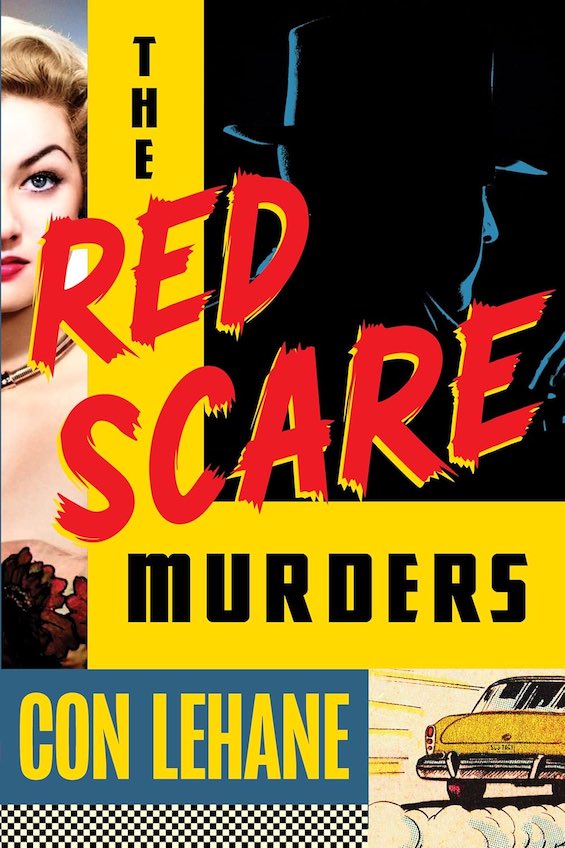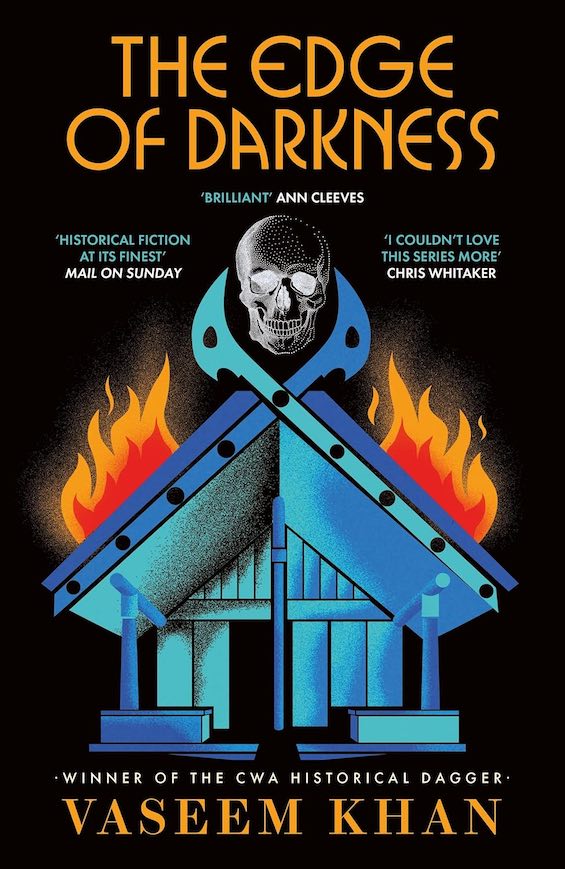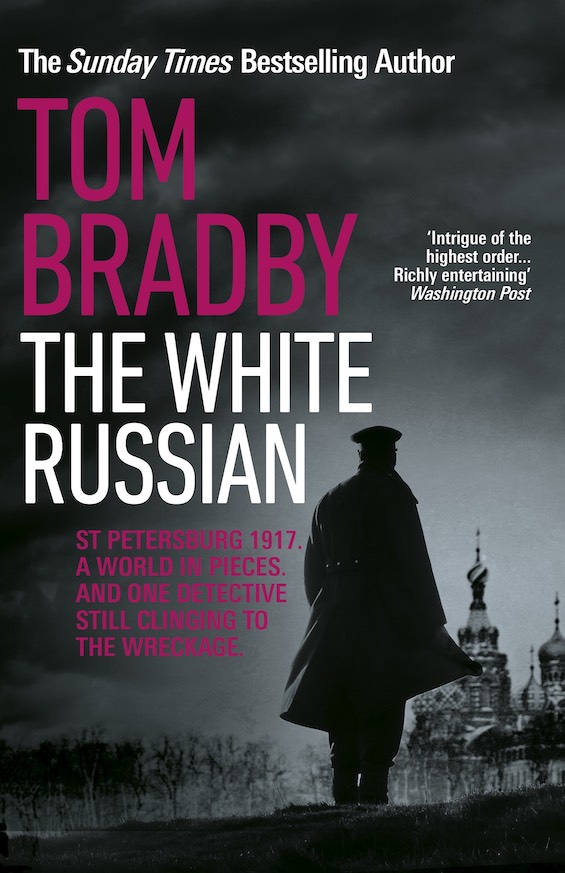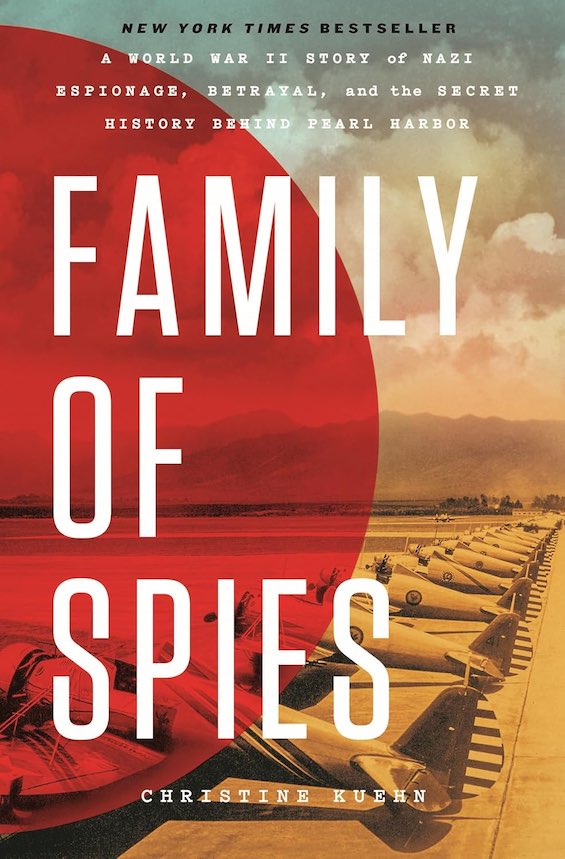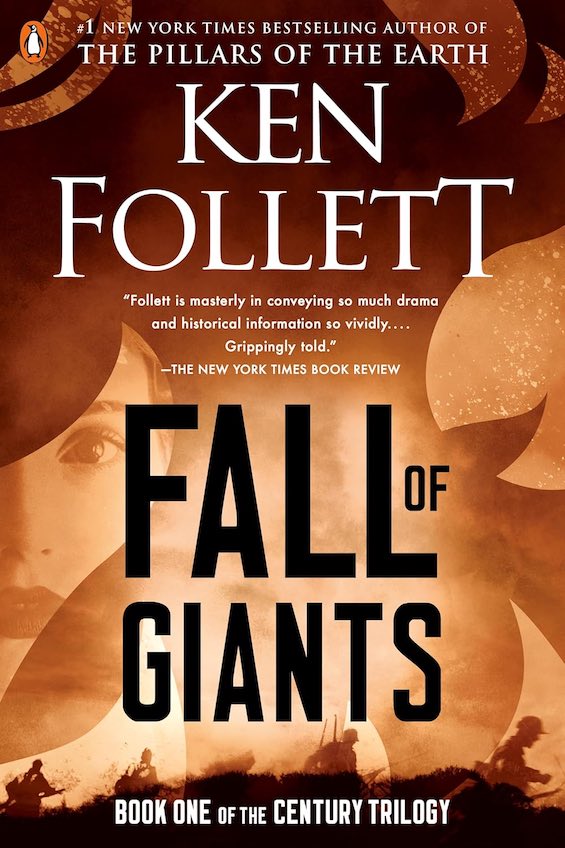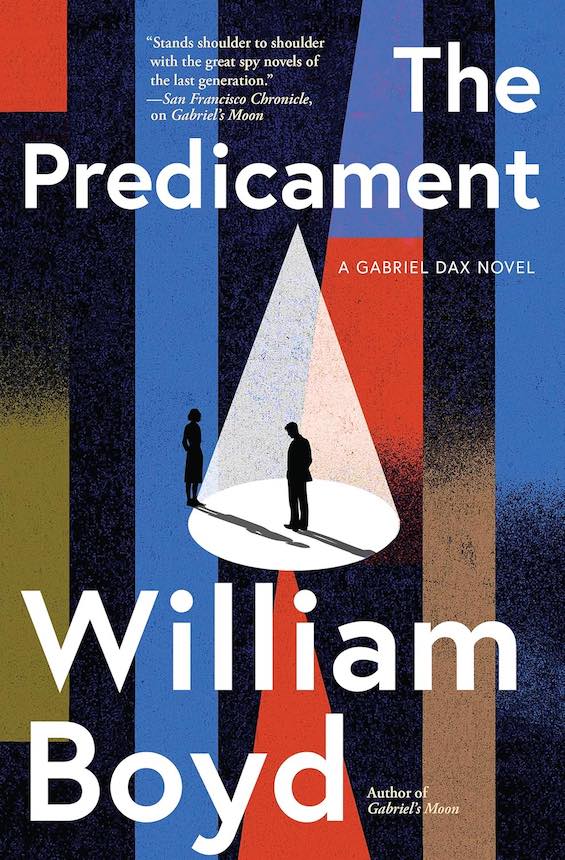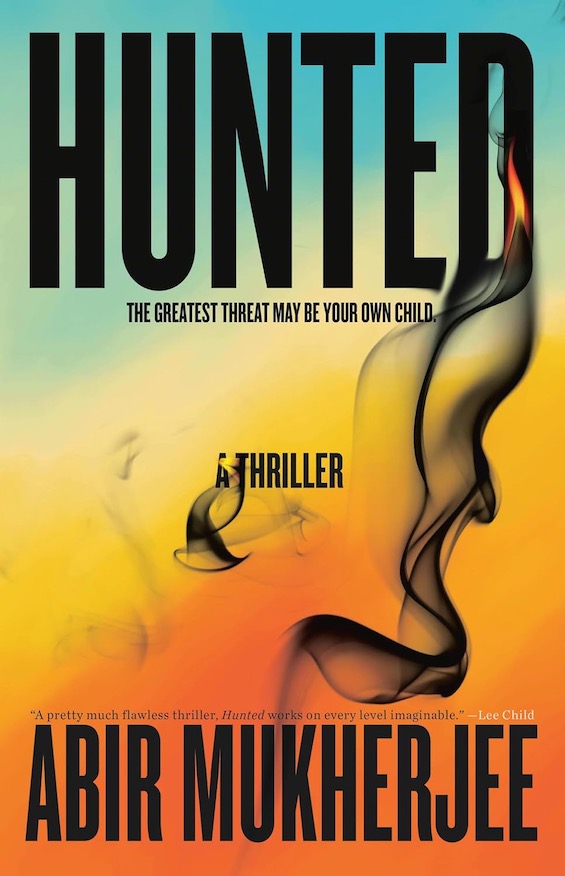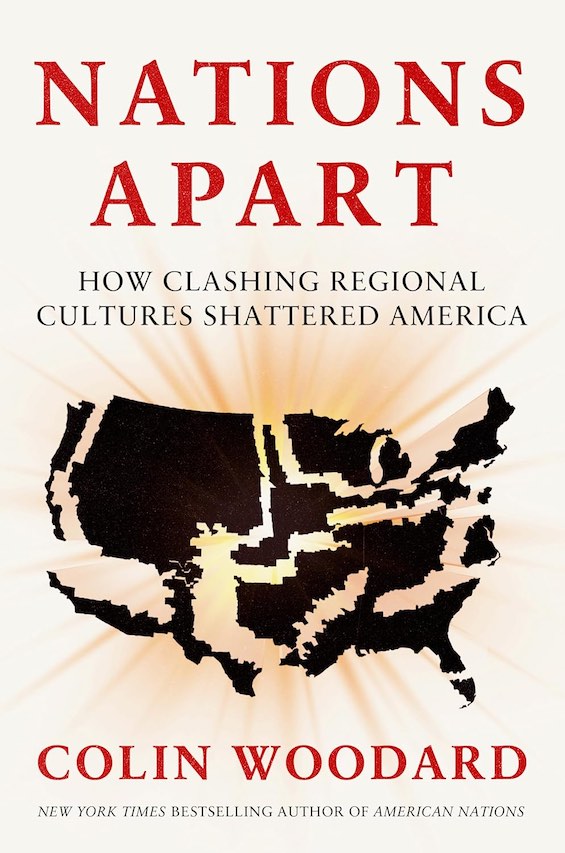Since the publication of The Russian Debutante’s Handbook in 2002 and Absurdistan four years later, Gary Shteyngart has deployed satire and humor to illuminate the human condition in our times. He followed those two novels with his first venture into dystopia, Super Sad True Love Story. Now he returns to the near future with Vera, or Faith. It’s a novel that casts a bright light on today’s dysfunctional society by showing us some of its consequences. And he pulls off this trick with a first-person focus on a precocious 10-year-old Korean American girl who observes her parents’ marriage crumbling. This novel is vintage Shteyngart. It’s dystopia in the making. And it’s a joy to read. The insight cuts to the bone, and the humor is infectious.
Venture into dystopia, and laugh a lot
Vera Bradford-Shmulkin calls her stepmother Anne Mom, as opposed to her long-gone Korean Mom Mom. She holds fundraisers for her progressive friends to oppose the adoption of “Five-Three.” Soon, the states will hold constitutional conventions to “decide whether to give an ‘enhanced vote’’ counting for five-thirds of a regular vote to so-called ‘exceptional Americans’ who landed on the shores of our continent before or during the Revolutionary War but were exceptional enough not to arrive in chains.” Even so, Daddy smirks at Anne Mom and her friends’s liberal views. “Daddy was supposed to be so far left that it was hard to ‘even imagine it.’”
Vera, or Faith by Gary Shteyngart (2025) 241 pages ★★★★★
A marriage dissolves as society crumbles
Born Igor Shmulkin in the USSR, Daddy edits a once-famous left-wing magazine that’s on the ropes. His hopes, and his family’s, rest on a sale to a billionaire. And the billionaire is proving hard to pin down, which is driving Daddy to ever-greater heights of sarcasm. And that’s deepening the rift between him and Anne Mom. “A darkness had fallen over the Bradford-Shmulkin family that autumn,” Vera observes. “It was worse than the time Daddy had gotten into a terrible fight with someone named Hannah Arendt, a fight he lost badly despite her being dead.” But Vera won’t give up. She regards it as her duty to hold the family together.
Vera is a fifth-grader in a school for superbright kids. More than half the students there are Asian or half Asian like her. But she has no friends until the big debate on Five-Three approaches. Ms. Tedeschi pairs her with a popular Japanese girl named Yumi whose parents are diplomats to take the position in favor of the amendment. Thus, while her parents’s marriage begins to dissolve, Vera spends more and more time on debate prep. And Yumi’s free access to the Internet, which is off-limits to Vera. And that allows the two girls to search for Vera’s Mom Mom. Meanwhile, the date of the conventions approaches, and with it the beginning of an even more uncertain future.
The author of this novel is a certain Russian American immigrant whose first name at birth was Igor. He’s involved in the New York literary world and is married to a Korean American woman. Coincidence?
About the author
Gary Shteyngart was born Igor Semyonovich Shteyngart in 1972 in Saint Petersburg (then Leningrad) in the Soviet Union. He immigrated to New York with his parents at the age of seven, when Leonid Brezhnev reigned in the Kremlin. Shteyngart holds a degree in politics from Oberlin College and an MFA in creative writing from Hunter College of the City University of New York. He has taught writing both there and at Columbia University. He is the author of six novels, a memoir, and numerous essays and articles for the New Yorker and the Atlantic.
Shteyngart’s wife is Esther Won, who is Korean-American. They live in Manhattan with their son.
A superb review of this novel by Claude-AI
As I do from time to time, I’ve asked the chatbot Claude-AI to write a 500-word review of this book. I’m including it here for three reasons.. (1) It’s very different from my review, approaching the novel as would a critic rather than a well-informed reader, which is my perspective. (2) It’s very, very good. And (3) You can see that I have not used AI as a crutch in my review, which reflects none of what you can read below.
A Tender Dystopia: Review of “Vera, or Faith” by Gary Shteyngart
Gary Shteyngart’s latest novel, “Vera, or Faith,” marks a significant evolution in the author’s satirical voice, trading some of his trademark cynicism for a more tender, hopeful perspective. Through the eyes of ten-year-old Vera Bradford-Shmulkin, Shteyngart crafts what may be his most emotionally resonant work yet—a coming-of-age story set against the backdrop of America’s slow slide toward authoritarianism.
The novel’s greatest strength lies in its narrator. Vera is brilliantly conceived: anxious, precocious, and heartbreakingly earnest in her desire to make friends, excel academically, and find her place in an increasingly unstable world. Her name, meaning “faith” in Russian, becomes both ironic and aspirational as the story unfolds. Shteyngart captures the authentic voice of childhood with remarkable precision, allowing us to experience the gradual decay of democracy through the confused but perceptive observations of a child who simply wants to belong.
The horror accumulates gradually in the background
Set in a near-future New York City, the novel presents a dystopian America that feels uncomfortably familiar. Shteyngart’s satirical eye remains sharp, but here it’s tempered by genuine empathy for his characters. The author demonstrates remarkable restraint in how he reveals the extent of societal breakdown—the horror accumulates gradually in the background until it suddenly crashes through the family’s door with devastating impact.
What distinguishes “Vera, or Faith” from Shteyngart’s earlier works is its emotional core. While maintaining his signature blend of humor and social commentary, he infuses this story with what critics have called “bruise-your-heart poignancy.” The novel functions as both a family drama and a political allegory, examining how external chaos strains the bonds between parents and children. Vera’s relationships—particularly her search for her biological mother and her desperate attempts at friendship—provide the emotional anchor that keeps the narrative grounded even as the world around her crumbles.
Inspired by Henry James
The book draws clear inspiration from Henry James’s “What Maisie Knew,” and like that classic, it uses a child’s perspective to illuminate adult failures and societal hypocrisies. However, Shteyngart brings his own contemporary sensibility to this framework, creating what reviewers have called “a brilliant fable about childhood, and so much more, in our broken country.”
Structurally, this is Shteyngart’s most disciplined work. Critics have noted it as his “shortest, sweetest and most perfectly constructed novel ever.” The pacing is masterful—beginning with gentle comedy that gradually gives way to mounting tension as the political situation deteriorates. The author manages to maintain hope and humanity even as his fictional America becomes increasingly authoritarian, suggesting that love and connection can endure even in the darkest circumstances.
Both entertainment and social commentary
“Vera, or Faith” succeeds brilliantly as both entertainment and social commentary. It’s a book that provides what one reviewer aptly described as “commiseration and amusement, maybe even a bit of faith in the possibility of something better on some distant horizon.” In an era when dystopian fiction often feels either too heavy-handed or too abstract, Shteyngart has crafted something both accessible and profound—a story that speaks to our current moment while remaining fundamentally about the universal experience of growing up in an uncertain world.
This novel represents Shteyngart at his most mature and accomplished, demonstrating why he’s considered one of his generation’s most vital voices in American literature.
I don’t know about you, but I think this review is brilliant. It’s far more comprehensive than I could possibly produce.
For related reading
I’ve also reviewed four of the author’s other six books. I read his first two novels before launching this site.
- Super Sad True Love Story (Dystopian satire that’s both funny and troubling)
- Little Failure: A Memoir (From the gifted novelist Gary Shteyngart, a hilarious memoir)
- Lake Success (Spoiler alert: Gary Shteyngart’s latest novel isn’t hilarious)
- Our Country Friends (Is this the Great American Pandemic Novel?)
For a review of this book by Dwight Garner in the New York Times (July 7, 2025, go to “The Future Looks Dark, but Familiar, in Gary Shteyngart’s New Book.”
You might also care to check out The top 10 dystopian novels and 30 great books about Jewish topics.
And you can always find the most popular of my 2,300 reviews, and the most recent ones, on the Home Page.








